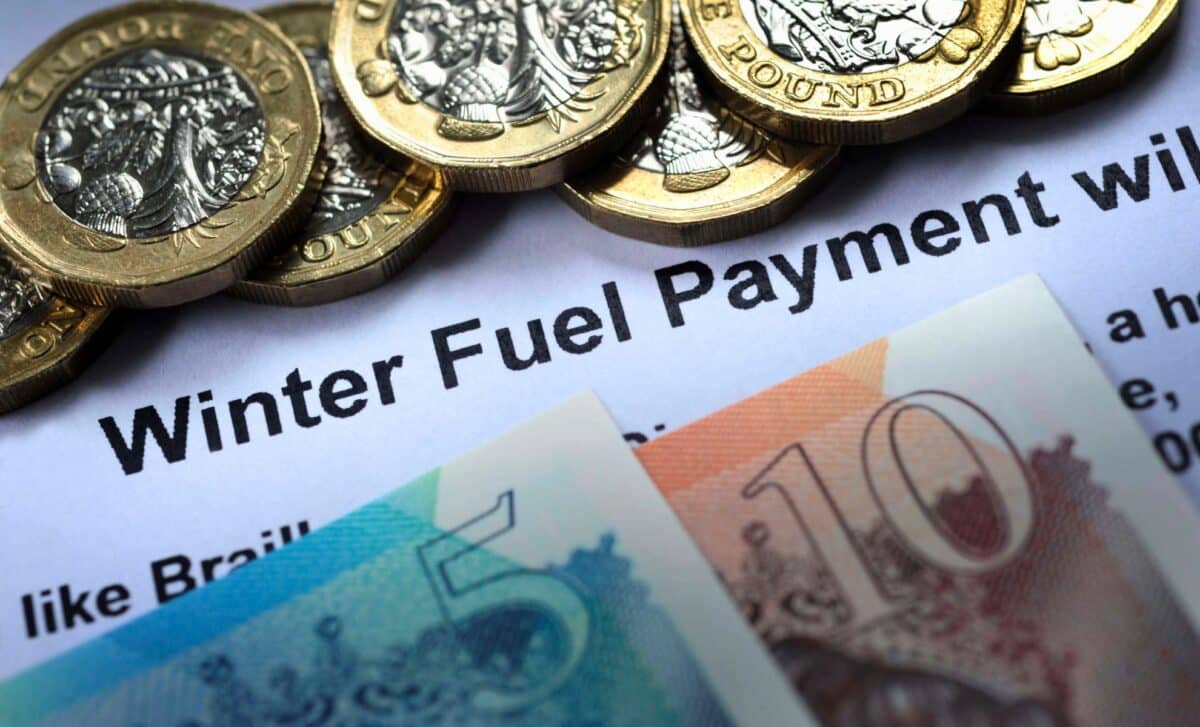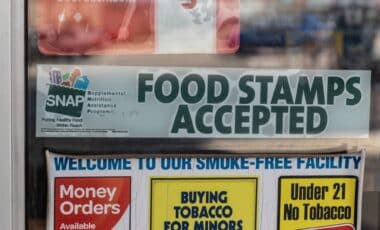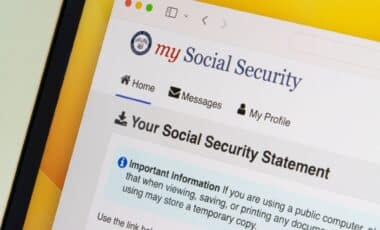Since 1997, British elderly citizens have been given heat allowances that are not taxed. This Winter Fuel Payment was initiated years ago by the Labour Government and used to give £300 per annum for every pensioner.
However, there have been a lot of changes recently. The country’s Chancellor Rachel Reeves declared that she would be removing universal benefit for households in England.
Moreover, the current Labour Government is said to face a £22bn public finance gap as it claims taxpayers’ money is being wasted on rich old people who do not need such assistance.
Winter Fuel Payment New Eligibility Criteria
Under the new rules, winter fuel payments will be restricted to the most financially disadvantaged retirees who receive specific benefits:
- Pension Credit
- Income Support
- Income-Based Jobseeker’s Allowance
- Income-Related Employment and Support Allowance
- Universal Credit
As a result, approximately 10 million senior citizens will stop receiving this benefit and only a small percentage will still qualify.
Ms Reeves expects $1.4bn in savings from this change during the current year and $1.5bn in savings next year for the Treasury Department.
Old and New Payment Amounts
Historically, beneficiaries received tax-free sums between one hundred to three hundred pounds sterling for warming themselves up in the cold months of winter. In more recent times, these were also added with “cost of living payments”.
In the future, eligible households will be allowed to access an allowance ranging from 200 and 300 pounds (0.14 ton) depending on age bracket of beneficiaries and composition of household:
- £200 for most eligible households
- £300 for households with individuals over 80
Payment Distribution
Payments for heating during winter are usually deposited directly into bank or building society accounts, or through the Payment Exception Service for those who cannot deal with such accounts.
Most payments are made in November and December, and most of them have been achieved by the end of the year. Generally, these persons receive a letter of notification in October or November indicating how much they will get in payment. If, by the end of January, no payment has been received, but one is expected to be made, it would be good to contact the Winter Fuel Payment Centre.
While many homes pay for their energy through direct debit, which spreads costs evenly over the year, about 600,000 older households use prepayment meters. These households need to regularly top up their meters, making the winter fuel payment especially important.









